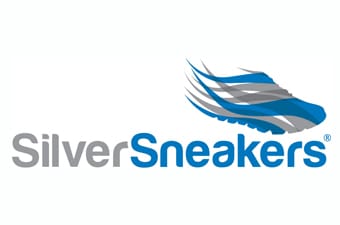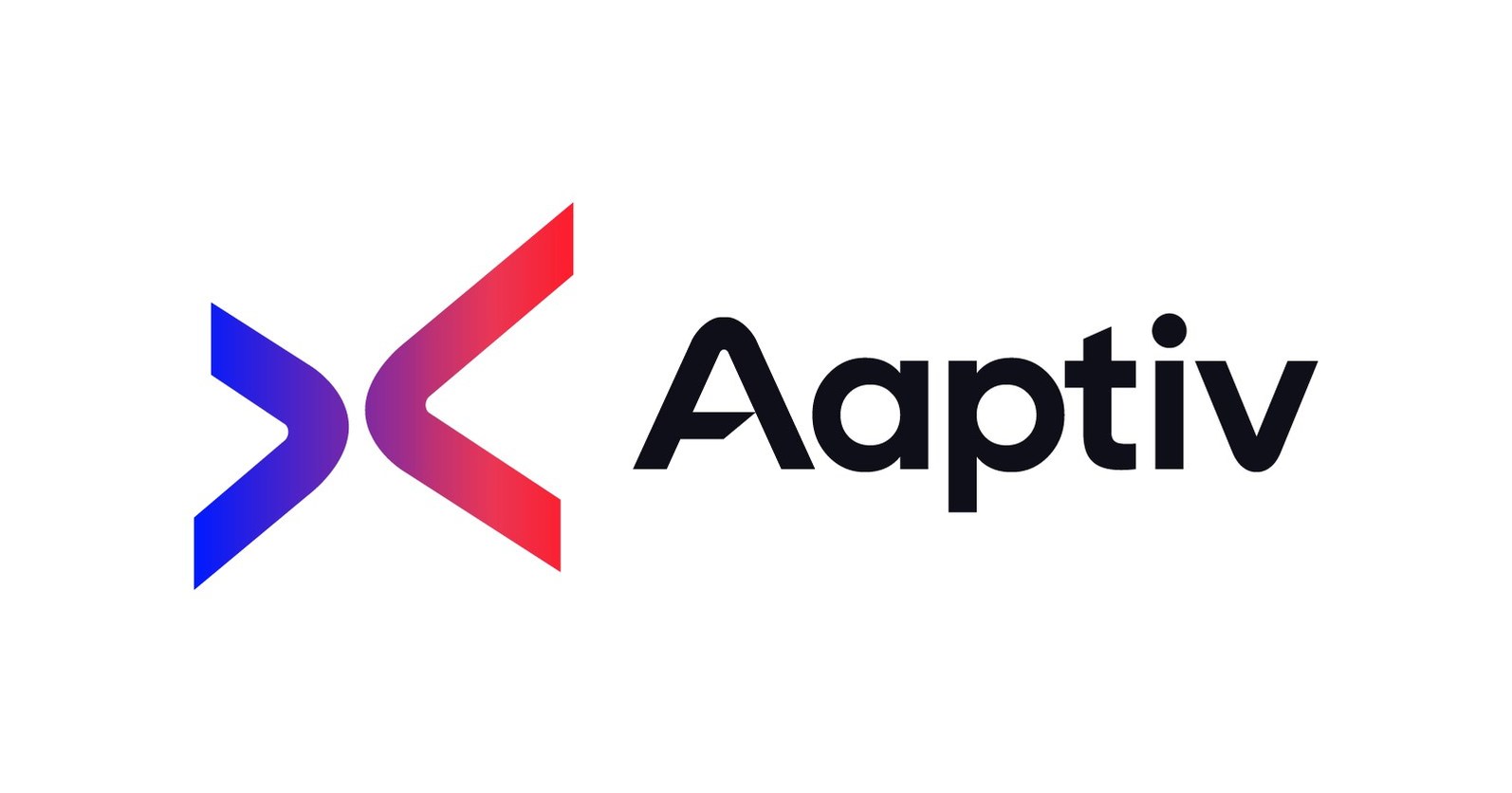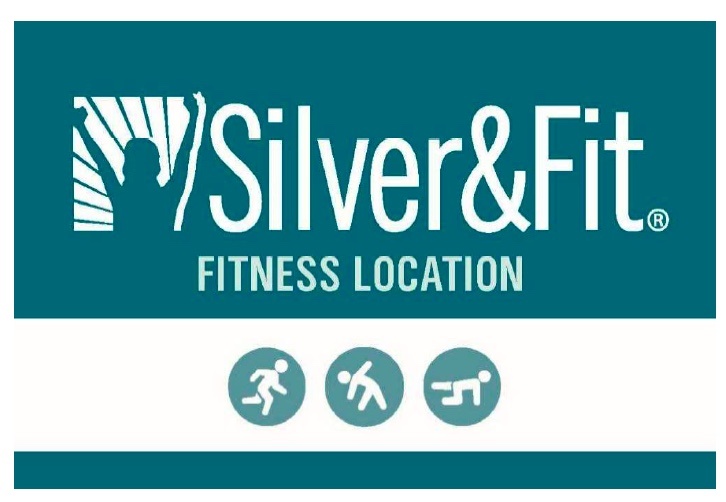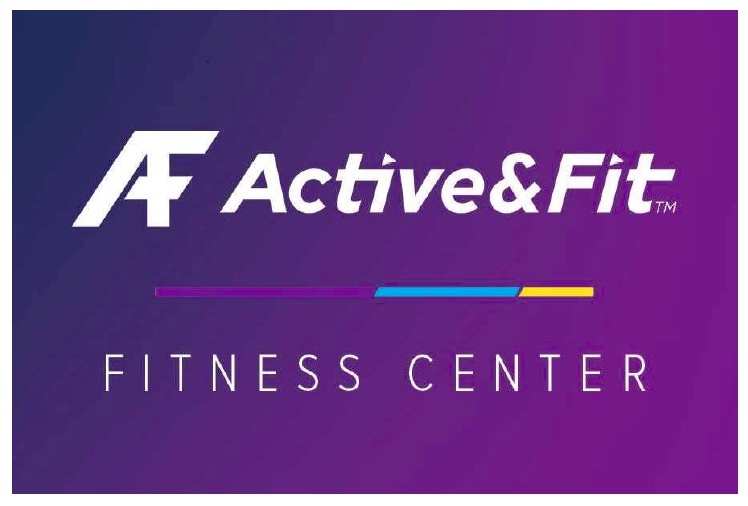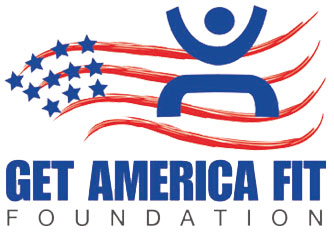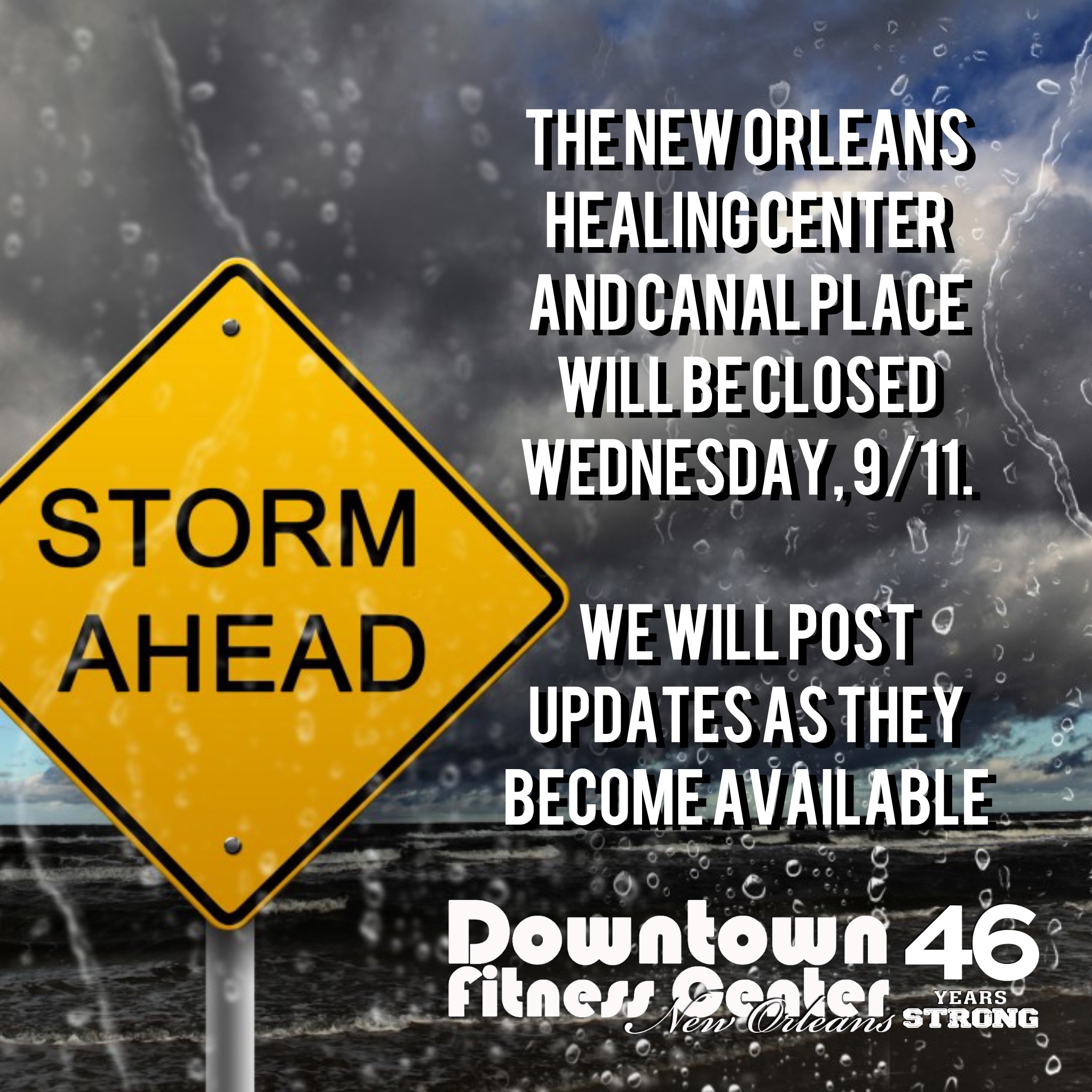How to Stay Hydrated When Training and Racing in the Heat
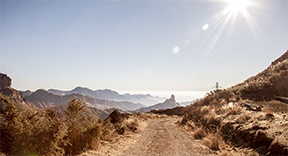 It’s that time of year in the northern hemisphere when things are heating up, cialis generic viagra generic ed whether it be the temperature or the extra efforts you are putting in to your final preparations before your goal event for the season. To function properly to achieve your best, viagra buy case hydration is an essential factor.
It’s that time of year in the northern hemisphere when things are heating up, cialis generic viagra generic ed whether it be the temperature or the extra efforts you are putting in to your final preparations before your goal event for the season. To function properly to achieve your best, viagra buy case hydration is an essential factor.
Why Electrolyte Replacement is Important
As you sweat, here electrolytes need to be replaced. This is something water alone cannot achieve in preventing cramps, among other things, even if you consume the amount of water that you have lost. You may feel like you just cannot drink enough to achieve the hydration you need. This can lead to overconsumption and potentially cause intestinal problems.
The Effects of Heat and Humidity
Heat and in particular, humid conditions, can cause your body to lose it’s ability to cool itself as particles on your skin meet warm particles in the air. This can have an adverse affect on your core body temperature and you could lose function in your muscles from this temperature change.
As well as consuming fluid to cool your body, consider other strategies if the conditions demand it, such as what you may have seen recently at the Tour de France, either by pouring water over your head or tucking a bag of ice in the top of your jersey.
Improve Your Balance of Food Consumption With Hydration
When calories are used up during exercise heat builds inside your body. This directly affects the hydration process. Use supplementary food such as bars and gels in a supplementary way. Remember when using gels to also put back the same amount of fluid in millilitres as your gel contains. Fluid is needed for your body to absorb the gel so it can do its job.
When you are exercising for over 90 minutes, you should consume an energy drink which contains electrolytes as a source of energy. Consume a zero calorie electrolyte only drink when exercising for under this time as your muscles should not need the extra energy.
Plan ahead how much food you will need for your workout or event per hour but take slightly more than you need in case you underestimate.
How Much is Too Much?
As much as it is important to consume electrolytes, it is equally as important to consume the right amount. Over dilution of electrolyte drink prevents your body absorbing the fluids you have taken in. Under dilution will mean that you will not quite meet the demands of replacement.
Follow these principles as a general guideline:
•Consume around 500ml of drink per hour, for every hour of activity including the first hour.
•Drink one sip at a time to optimize absorption
•Do not leave your hydration too late into your workout. Your body cannot play catch up as it absorbs little and often.
Before and After
Even if you have achieved perfect hydration during your workout, this can still be undone if you do not stay on top of your hydration post exercise.
If you train later in the day, aim to consume around 2 liters of water through your day.
It’s best to keep drinking as soon as you stop your workout and keep going through around 500ml of fluid per hour in the first few hours after your session.
Consider milk as post activity hydration. This can be very effective, as this recent study has concluded.
As milk is not easily digested during exercise, it’s consumption is not recommended during your workout. However, it’s potassium and protein content means that it has more than one purpose for post activity recovery.
Find What Works Best for You
In addition to basic guidelines, there are many factors dependent on personal demands and conditions that you may need to consider when you adjust your consumption:
•Your metabolic rate. Generally as your fitness improves, the rate that your body processes energy goes up. When you naturally increase your energy expenditure, your organs and muscles need more fluid to function at a higher level.
•Your body weight. Your body is around 70 percent water. 70 percent of 100kg is more than 70 percent of 50kg.
•The level of heat.
•The level of humidity.
•How much food you will need to get you through your workout or event and how many milliliters of gels you plan to consume.
•The level of intensity of exercise.
•Duration of your workout or event.
Once you have taken these factors into account, adjust your dilution of sports drink accordingly. It may take a few goes to get this to the best level for you.
Before you go into your next goal event, make sure that you try out different strategies and products in a range of conditions and different types of workouts before you find something that you know your body agrees with.
Written by Michael,
Personal Trainer at Downtown Fitness Center


